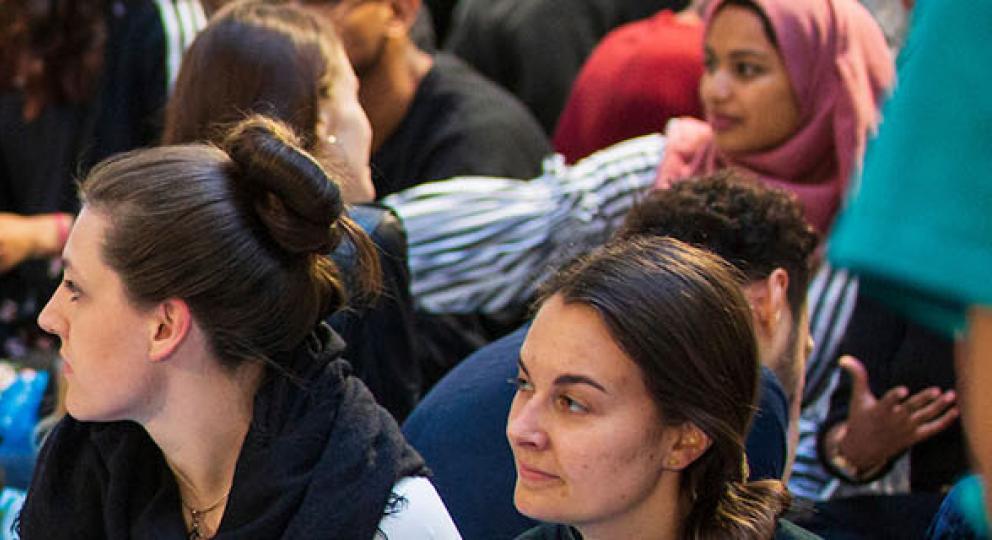Article 4 protects your right not to be held in slavery or servitude, or made to do forced labour
- Slavery is when someone actually owns you like a piece of property.
- Servitude is similar to slavery - you might live on the person’s premises, work for them and be unable to leave, but they don’t own you.
- Forced labour means you are forced to do work that you have not agreed to, under the threat of punishment.
Are there any restrictions to this right?
Your right to be protected against slavery and servitude is absolute, which means it can never be restricted.
The right relating to forced labour is also absolute. However, it does not apply to work that:
- you have to do as part of a prison or community sentence
- the government requires you to do in a state of emergency, such as after a natural or man-made disaster, and
- is part of normal civic obligations, like jury service.
What the law says
This text is taken directly from the Human Rights Act.
Article 4: Prohibition of slavery and forced labour
1. No one shall be held in slavery or servitude.
2. No one shall be required to perform forced or compulsory labour.
3. For the purpose of this Article the term ‘forced or compulsory labour’ shall not include:
- any work required to be done in the ordinary course of detention imposed according to the provisions of Article 5 of this Convention or during conditional release from such detention
- any service of a military character or, in case of conscientious
objectors in countries where they are recognised, service exacted instead of compulsory military service - any service exacted in case of an emergency or calamity threatening the life or well-being of the community, or
- any work or service which forms part of normal civic obligations.
Example case - Siliadin v France [2005]
A 15-year-old girl was brought to France from Togo by ‘Mrs D’, who paid for her journey but then confiscated her passport. It was agreed that the girl would work for Mrs D until she had paid back her air fare, but after a few months she was ‘lent’ to another couple. They forced her to work 15 hours a day, seven days a week with no pay, no holidays, no identity documents and without authorisation of her immigration status. The girl wore second-hand clothes and did not have her own room. The authorities intervened when made aware of the situation, but slavery and servitude were not a specific criminal offence in France at that time. The European Court of Human Rights held that the girl had been kept in servitude and that France had breached its positive obligations under the prohibition of slavery and forced labour. This was because French law had not given the girl specific and effective protection.
(Case summary taken from ‘Human rights, human lives: a guide to the Human Rights Act for public authorities’. Download the publication for more examples and legal case studies that show how human rights work in practice.)
Last updated: 03 Jun 2021




